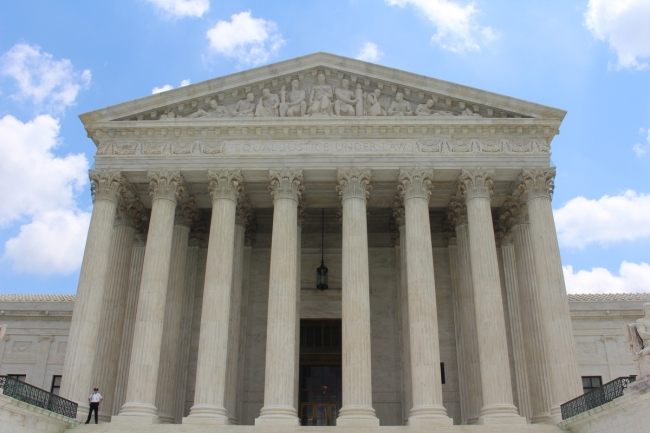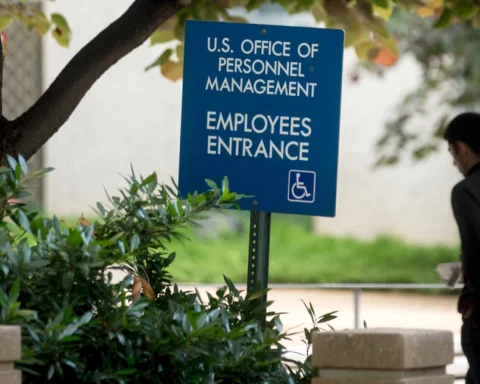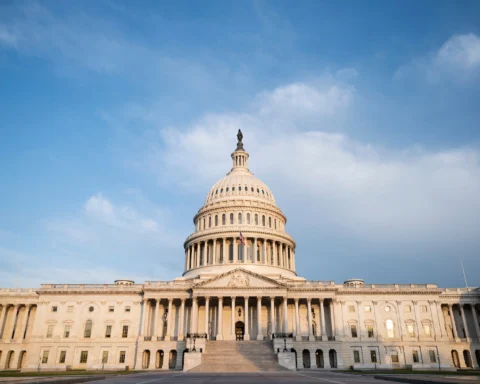Two cases before the Supreme Court have the potential to restrict long-standing recruitment and admissions practices at colleges and universities. The cases, brought by a special interest group called Students for Fair Admissions (SFFA), allege that race-conscious admissions practices are unfair and violate the Constitution.
As liberal arts college presidents, we strongly disagree. Holistic review of applicants is critical to recruiting a well-rounded class, and that includes consideration of the richness of students’ many attributes and interests–including their lived experiences and backgrounds.
While each of our colleges has a unique mission, we all work tirelessly to create the most well-rounded student body possible in a competitive admissions market. This means not only striving for racial and ethnic diversity, but also—to the extent possible— socioeconomic diversity, gender balance, representation from all 50 states and assuring we have athletes for our teams, musicians for our orchestras and students who are interested in a wide variety of academic disciplines. This well-rounded student body helps to create a community of scholars that enhances the learning environment for everyone.
Nevertheless, we are clear-eyed that, when the decisions are released in June, the court’s majority may very likely prohibit the consideration of race or ethnicity in recruitment, admission, scholarships, affinity groups, housing and other programming. That’s why we already are taking steps to prepare for what seems to be inevitable. Due to the tremendous amount of work that goes into recruitment and review of applications, we could not wait until June to begin.
The changes many of us are making include reducing barriers to admission, such as eliminating application fees and the requirement of submitting standardized test scores. We also are intentionally recruiting applicants at high schools and in communities that may not typically have sent students to our institutions. And we are developing partnerships with college access and success organizations like College Track, College Possible, College Horizons and the Posse Foundation to help us identify and expand our pool of applicants.
Fostering the success of students from historically excluded groups is not just about admissions, however. It’s also about creating an environment in which all students can thrive and, in this area, our institutions are well positioned to respond. This includes programming and services directed at students from historically excluded groups and reducing institutional barriers to their success. Our residential campus environments, small classes, strong support networks, substantial institutional financial aid and mentoring programs contribute to high retention and four-year completion rates among all of our students, much higher than the rates at large public universities.
Yet, even with significant investments to prioritize student diversity, very few of our institutions reflect the true ethnic and racial makeup of our country, or even the communities in which our colleges are located. And we are concerned that the court’s ruling may stall our progress. A new report from the Center on Education and the Workforce at Georgetown University predicts that restricting race-conscious admissions practices will result in selective colleges and universities becoming less ethnically and racially diverse.
This would be tragic. To fulfill the promise of economic and social mobility, we need to continue rectifying the systemic barriers that have kept so many talented students of color out of higher education. Getting a college degree is the single most powerful thing a person can do to change their economic status. A diverse student body creates a rich learning environment that prepares students for success in a diverse workforce and is critical for a healthy democracy. For all these reasons, we are deeply committed to expanding access to higher education and increasing diversity within our student bodies, regardless of what the court decides.
We must broaden, not limit, access to American higher education.





